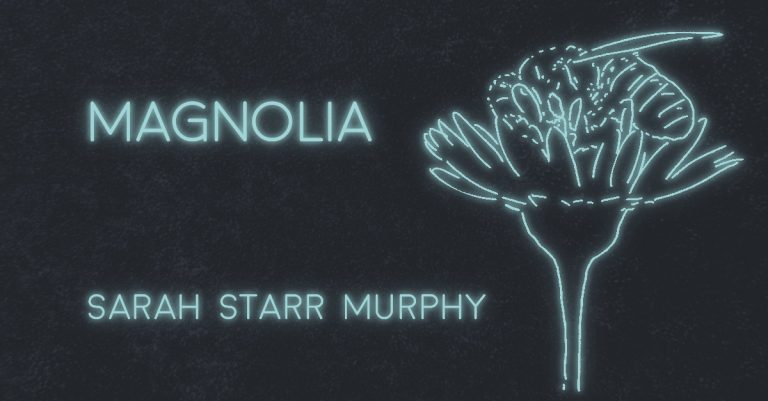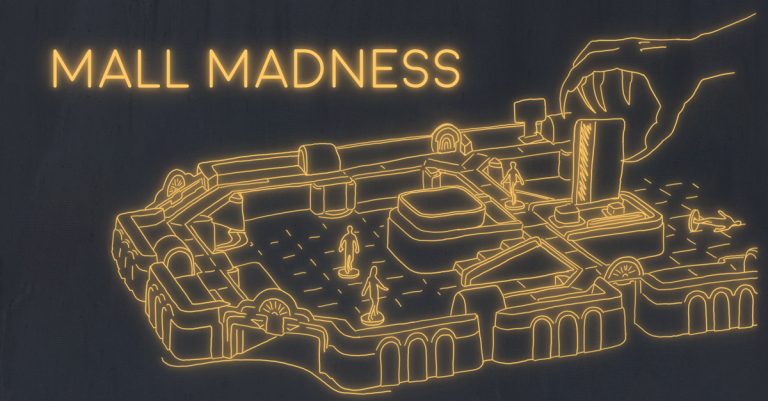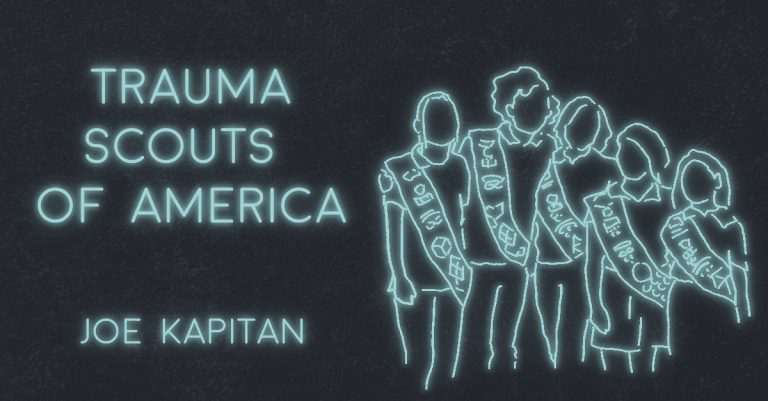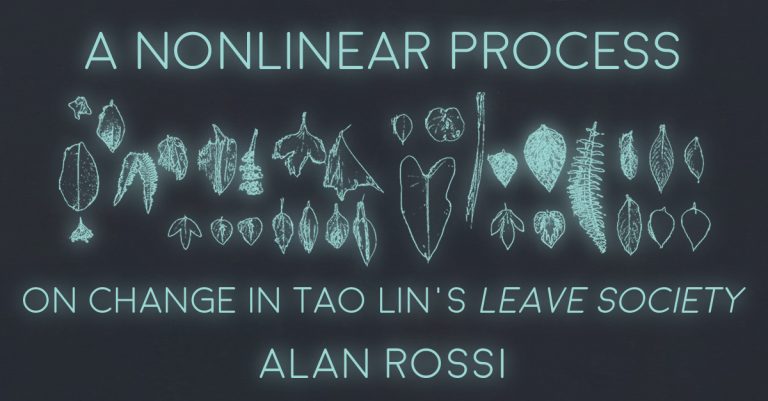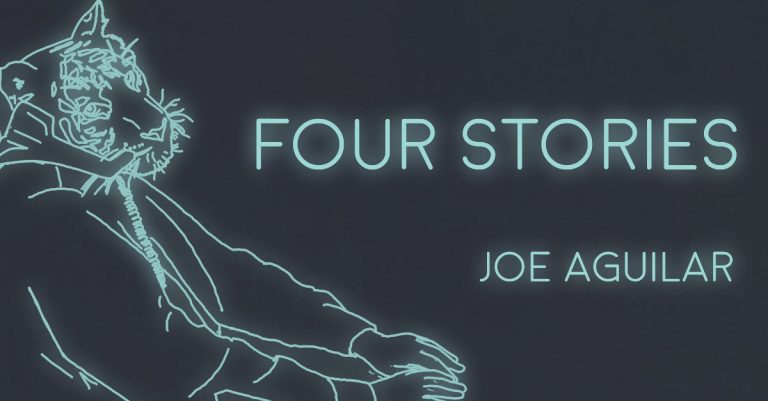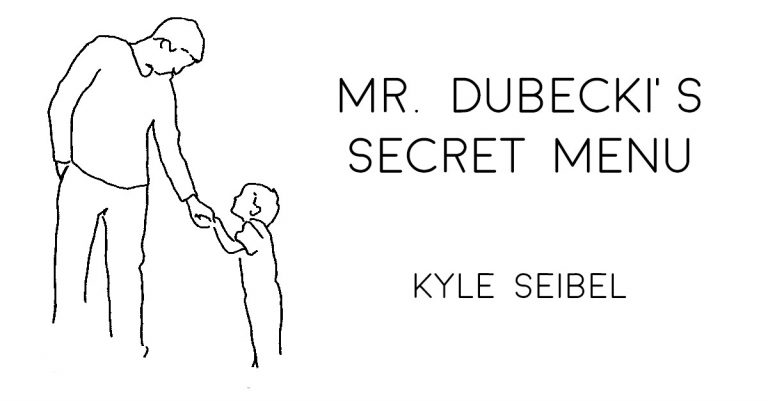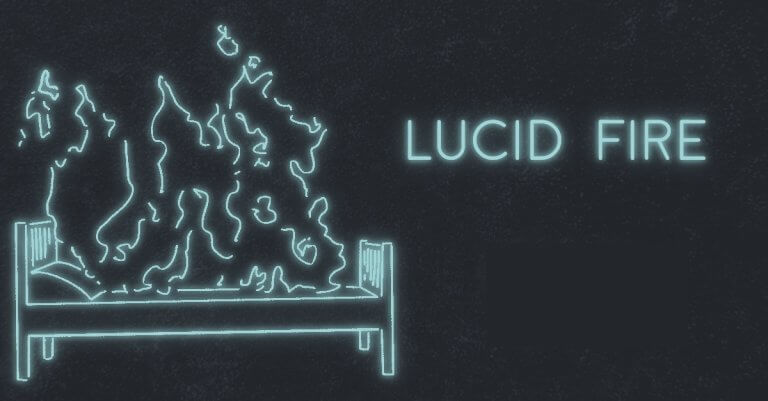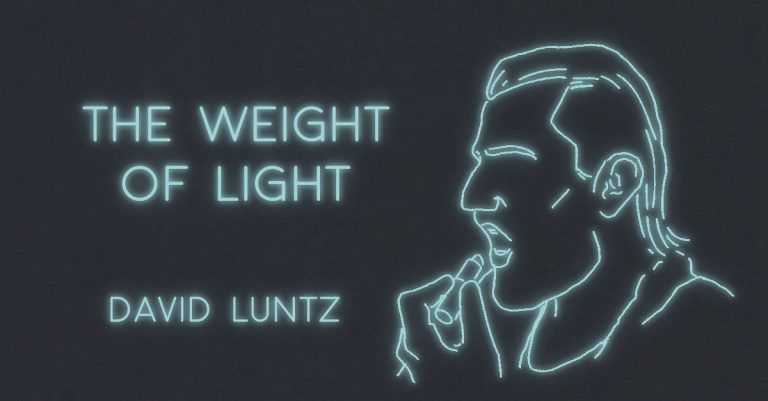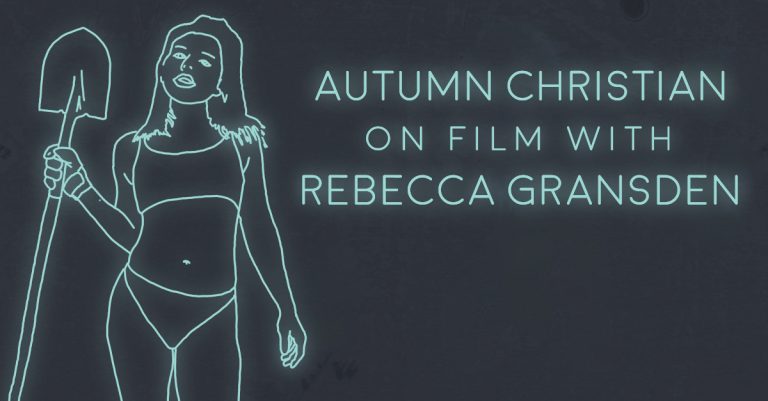
AUTUMN CHRISTIAN on film with REBECCA GRANSDEN
Quiet like a bomb waiting for its lit fuse, Autumn Christian has steadily accrued a series of intrepid releases. Nominally designed to satisfy certain genre cravings, Christian’s writing transcends any label simply by being uncommonly good. Her work is strange and provocative, endlessly imaginative, full-blown addicted to ideas, and fearless. For any insight into a mind this committed to creative freedom, the natural starting point is to visit the environment Christian grew up in. ‘I was born in Oklahoma City, but my parents moved to Fort Worth when I was a toddler so my dad could pursue a career in

